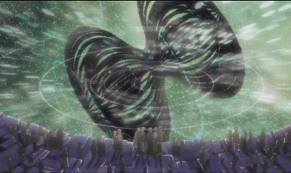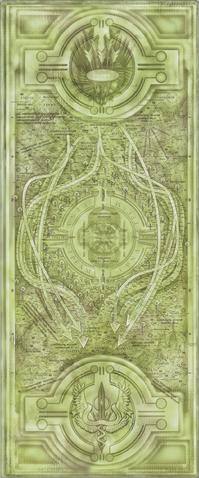craenor
 Scribe
Scribe
When you're building a world, do you typically assume a very Earth-like planet (sun rises in the East, sets in the West, four seasons, normal day/night cycle, a moon with expected tides?)
Or, do you consider variations in the basic planetology? Completely different seasons? A varied day/night cycle? Wild swings in the tides based on the position of multiple moons? Or even extreme tides based on the close proximity of a companion planet (or perhaps this world is the moon of a gas giant).
Or, do you consider variations in the basic planetology? Completely different seasons? A varied day/night cycle? Wild swings in the tides based on the position of multiple moons? Or even extreme tides based on the close proximity of a companion planet (or perhaps this world is the moon of a gas giant).


 Auror
Auror Myth Weaver
Myth Weaver Sage
Sage
